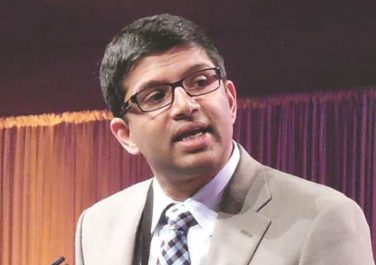FROM PEDIATRICS
Adolescents and young adults enrolled in patient-centered medical homes were more likely to receive most kinds of preventive care, according to Dr. Diego Garcia-Huidobro of the University of Minnesota, Minneapolis, and his associates.
Compared with patients of the same age who were not enrolled in PCMHs, patients aged 10-24 years enrolled in PCMHs were most likely to receive long-acting reversible contraceptive (LARC) prescriptions, with an adjusted odds ratio (aOR) of 2.66. PCMH enrollees were more likely to receive preventative visits (aOR, 1.10), meningococcal vaccines (aOR, 1.53) and HPV vaccines (aOR, 1.53), sexually transmitted disease screening (aOR, 1.68), any kind of contraceptive prescription (aOR, 2.18), and cervical cancer screening (aOR, 1.14), but were slightly less likely to receive influenza vaccinations (aOR, 0.89).
The average age of PCMH patients was 19 years, and nearly 60% were female. Nearly 65% were Hispanic/Latino, and 26% were non-Hispanic blacks. Just under 58% of patients were publicly insured, and 3% had private insurance. Non-PCMH patients tended to be older (21 years), and 56% were female. Forty-two percent were Hispanic/Latino, and 33% were non-Hispanic blacks. About 47% had public insurance and 11% had private insurance.
“This finding highlights the value of this model of care at addressing not only the specific needs of patients but also improving their preventive care,” the investigators concluded.
Find the full study in Pediatrics ( 2016. doi: 10.1542/peds.2015-3813 ).





